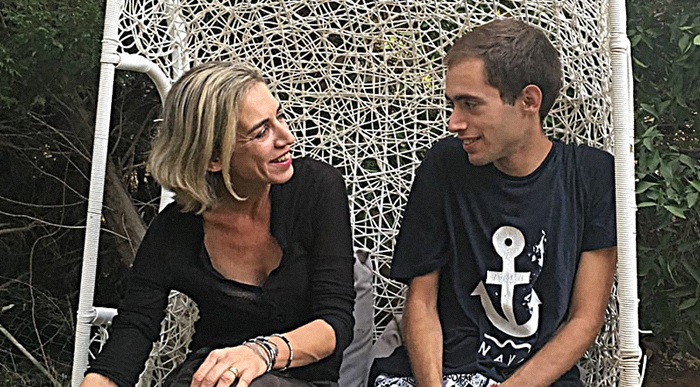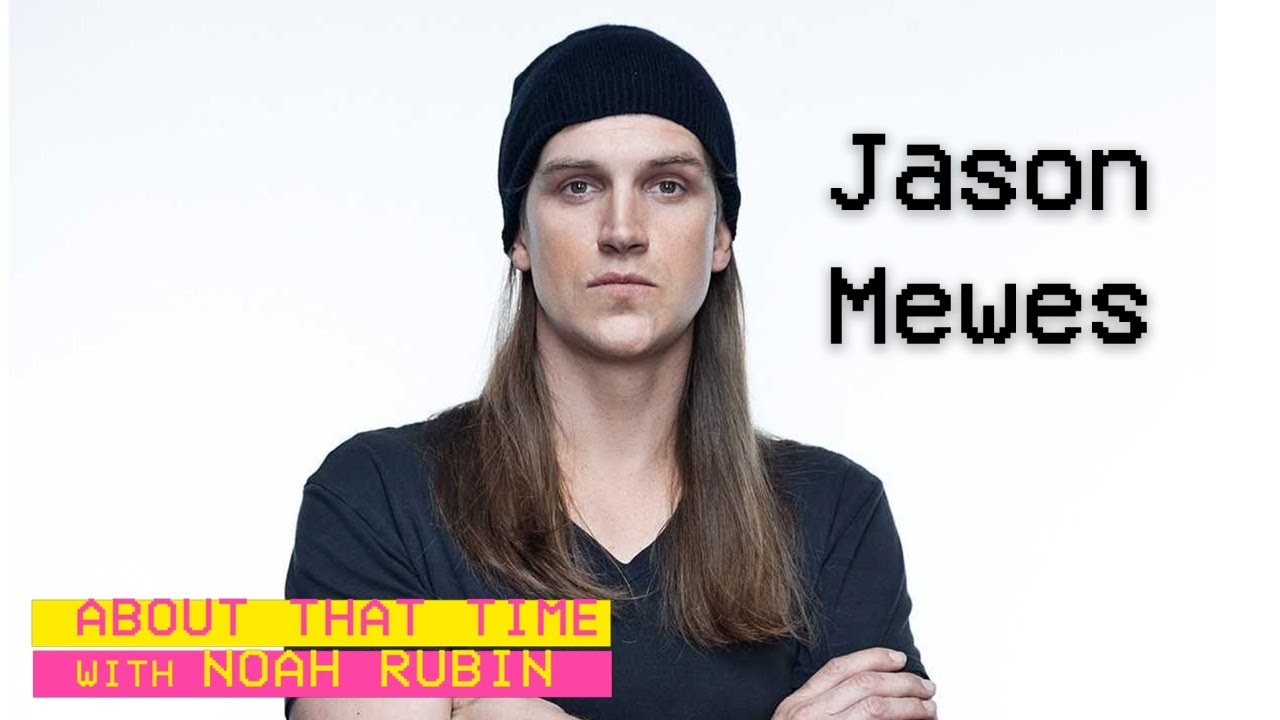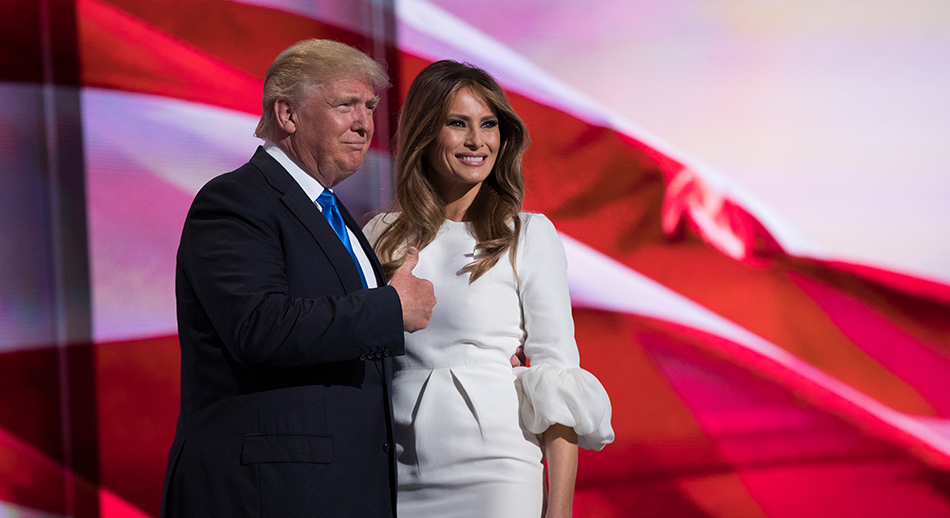Abigail Dar, an activist promoting rights for children and adults diagnosed with Autism Spectrum Disorder (ASD), is the parental force behind a multi-national movement to add autism as a qualifying condition to Israel’s medical marijuana (MMJ) program. Mother to a young adult with severe autism, Dar is involved in promoting clinical research—tracking children and adults who receive whole-plant extract cannabis oil treatments under a preclinical study that could pave the way for autism patients around the world.
Israel is known for decades of groundbreaking cannabis research, and it’s led to the creation of a number of synthesized cannabinoid pharmaceuticals. But Dar believes what’s really needed is unbiased, clinical research on the whole-plant efficacy of cannabis in treating people with autism. So, she started a fundraiser, to both help raise money and promote awareness. Dar was kind enough to talk with MERRY JANE to discuss her inspiring journey, share how cannabis has changed her life, and explain what she’s doing now to help others.
MERRY JANE: What is your son’s condition and how has it affected his life and yours?
Abigail Dar: Yuval is 23 years old with severe autism. We are a very strong and resilient family. Yuval and our other two boys are the center of our lives. When someone would suggest this amazing boy of mine would become self-injurious or have outbursts, I wouldn’t believe it. But, it started to occur. When he was 16, he began having seizures and along with it came behaviors that force a choice between being able to take care of your child, giving up, hospitalization, or institutionalization. We went through six terrible years where I had to use my husband and my other two boys as “bodyguards,” never knowing when Yuval would have an outburst. During these miserable spells, you could see that these behaviors came from some “unrevealed” source. It wasn’t Yuval. It looked like something neurological, beyond his control. You could also see the sadness and guilty feelings he had after each outburst. It was heartbreaking.
Since Yuval was diagnosed, I don’t think there’s a therapy we didn’t try to help him overcome some of the devastating challenges that come with this condition. Yuval has tried over a dozen anti-psychotic medications since he was 12 years old to treat symptoms like endless anxiety, restlessness, violent outbreaks, or, as we call it, “life in the shadow of hell.” They only made him more agitated and aggressive.
How has cannabis been a positive force in your life?
Fourteen months ago, I found a doctor willing to prescribe medical cannabis to him. In Israel, doctors must apply to the medical cannabis unit at the Ministry of Health. The Ministry approves access, or not. We got Yuval the license, after an appeal. They granted it to him for “mercy treatment,” not autism. If someone doesn’t qualify under their current indications, then after appealing, they may approve it out of compassion.
Administering cannabis oil to Yuval was a life-changer from the very first day. He hasn’t exhibited a single self-injurious behavior or outburst in the last 14 months. Now, I can be with my son. I can take care of him. He is calmer, more attentive and communicative. He smiles more. As a longtime activist promoting rights and developing inclusive solutions for people with autism in Israel, I was inspired by cannabis. Once I saw what it had done to his life and ours, I started advocating to make autism a qualifying condition in the Israeli MMJ program.
We’re not there yet, but we’ve started gathering data. We’ve managed to get cards, licenses, and access for over 65 kids and adults with severe autism. Every day, I assist parents—guiding them in choosing strains, determining ratios, and finding growers. And every day, a parent tells me about dramatic changes with their child, like, “He slept the whole night,” or “He didn’t have a violent outburst,” or “He stopped hitting and biting himself,” or “He answered ‘yes’ to my questions.” These things may not affect most families, but it’s dramatic for us, and our kids.
Why do you think cannabis is so effective at helping those with autism?
Well, I don’t think I can fight Big Pharma with its research budgets, etc., but I know for a fact the pharmaceutical medications did damage. They made my son more agitated and aggressive. I know that was the case not only for him, but for so many other children as well because I’m in touch with their parents daily. Also, I know that our children with severe autism are offered and given drugs with long lists of side effects. These aren’t children who can say, “Mom, these meds make me nauseous, give me the shivers, and make me feel crazy.” I know how my son and the other kids feel just from looking at them. I can see the difference in their mood, smile, and communication. To say the difference between [pharmaceutical] drugs and cannabis is “noticeable,” is an understatement.
You’ve been advocating for the MMJ plan in Israel to recognize autism. What issues have you come up against throughout this journey?
Israel is known for its comparatively liberal medical cannabis program. It’s also a leading country in modern cannabis research. The main obstacle standing between getting autism added to MMJ plans as a qualifying condition, not only in Israel but worldwide, is that there’s not one single clinical study done on the matter. If we had a study showing the benefits of medical marijuana for autism, we could help so many other children by making it more easily accessible. They have a right to this treatment, like Yuval.
How are you working to change the system?
We need a study proving cannabis’ efficacy on autism. That’s why I’m going to great lengths to fundraise for an unbiased independent clinical study. Already in Israel, there are over 200 kids being treated with cannabis for seizures, so I feel the institutions and medical establishments are fairly open to the possibilities. Sometimes people say, “You get your son stoned.” Or parents insist, “It’s only CBD,” claiming we don’t give our kids the psychoactive THC. But that is the wrong way to look at it. Our children need a little THC. It’s all a matter of strain, dosage, and the entourage effect.
Why are you struggling to have research done on the whole plant?
I find myself struggling to have the research done on the whole plant because the whole plant itself isn’t valuable intellectual property, nor is it a likely to be an FDA-approved drug. But the fact that the whole plant is not patentable or profitable to the pharmaceutical industry is irrelevant to me, as a mother.
Cannabis is a very complicated plant. We know and talk about CBD, THC, and another 10 or so cannabinoids, but in scientific literature there are about 120 cannabinoids. We know from experience that it’s possible to isolate the main cannabinoids and mass-produce THC and CBD pharmaceuticals, but they don’t work well alone the way the whole plant does. Why? Because of what Professor Meshulam calls “the entourage effect.” There are many cannabinoids that have importance, we just don’t know which ones, yet. The first ever clinical study of cannabis for autism must be done on the whole plant because that is what works on the autism population, and they are suffering and need access to it.
What is the current state of the clinical research in Israel?
For now, there’s a research proposal by Dr. Adi Aran, from Shaare Zedek Medical Center, that’s received all the necessary regulatory approvals, but a lack of funding is holding Aran back. There are also other researchers, doctors, and medical centers in Israel that I’m in touch with. They all show great interest in doing a study. For now, I’m gathering data on over 65 children and adults who receive medical cannabis oil in collaboration with Professor Dedi Meiri’s Cannabis Database Project via the Cancer Biology and Cannabinoid Research at Technion’s Faculty of Biology. I believe that, quite soon, we will have some focus on which strains and ratios are most beneficial for treating our children.
What are the specifics of your crowdfunding campaign?
Kvutzat Hashavim, an Israeli nonprofit that provides support to adolescents and adults on the autism spectrum, will operate the campaign. It’s a nonprofit fundraiser, a collaboration of Israeli and American moms and cannabis advocates who believe medical cannabis is a lifesaving and quality-of-life-changing treatment for those with autism. I’m working with policy advocate, CannaKids ASD consultant, and board president of Rylie’s Smile Foundation Janie Maedler, as well as Mieko Hester-Perez, an International Special Needs advocate, scientific advisor, and NORML Women's Alliance board member. The funds will only go to a study that encompasses the whole plant—hopefully showing the benefits of medical marijuana for those with autism. The strains and ratios that will be given will be chosen out of the data and evidence we’re gathering now. No other interests should be involved in this first-of-a-kind study.
In addition to donating money to your campaign, what else can people do to support your cause?
When I started advocating, helping parents, talking to researchers and doctors, trying to get this treatment for children, I didn’t realize that it would take over my life. I have many good forces around me, but still, this is a campaign with no budget. It’s just me, my computer, and the information we’ve gathered so far. I need the help of parents, professionals, and organizations to spread the word. Everyone’s support will help people understand the importance of cannabis treatment for millions of people with autism, like Yuval. I know some people may not understand why we need to raise money for a cause like this, but I hope they understand now.











